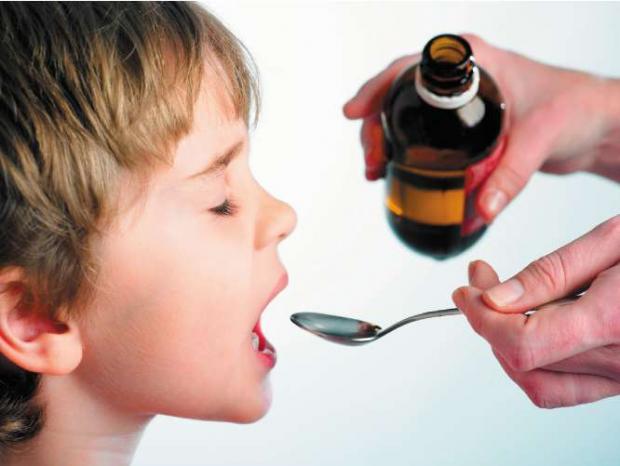Cab Drivers Cough Linctus

Nov 28, 2013 8 thoughts on “ Electric Tram No. As centuries of horse-drawn stage-coach or cab-drivers had endured before. ‘Cabdrivers Linctus’. Just for fun, open your spam box. Ignore just for a minute 'Russian Brides for Sale' what else do you see? Miracle drugs which will take even the most over worked male pharmacist to the height of ecstasy, even more than selling a crate load of Cab Drivers Cough Linctus to the Department of Health when they run out of. Buttercup Baby Cough Linctus. Buttercup Syrup. Buttercup Syrup Honey and Lemon. Cabdrivers Adult Linctus. Cabdrivers Diabetic Linctus. Cabdrivers Junior Linctus. Cabdrivers Nasal Decongestant Tablets. Cadbury's Coffee Compliment. Cafadol Tablets. Caffeine & Dextrose Tablets. Cal-A-Cool Aftersun Moisturising.
The common cold and the almost equally common influenza are today responsible for most of the days off work and days off school taken by people all around the world. Despite the progress that has been made in many areas of medicine, doctors can still do very little about preventing colds or treating them. The scientific search for a cure for the common cold was started in 1926 by Dr Alphonse Dochez working in New York and in 1946 it was intensified when the British Medical Research Council set up a Common Cold Research Unit in Salisbury. Today, however, the man who helped set up the British unit admits that it is unlikely that any cure will ever be found. It seems, therefore, that we must learn to live with cold and respiratory tract infections and to cope with them as best as we can. Many people seem confused by the terms ‘cold’and’flu’ and use them indiscriminately.
In fact, the symptoms of a common cold are far less fearsome than the symptoms of flu. The patient with a cold will usually complain of a streaming nose and of sneezing attacks. The patient with the more debilitating flu will, however, complain of sweating, headache, muscle aches and pains and a general feeling of great weakness. The patient with a cold can often struggle to work; the patient with flu will usually have great difficulty in dragging himself out of bed. Both the common cold and the flu usually last for a week or so. Whether or not the flu or cold sufferer goes to work or stays at home depends upon several factors. It naturally depends upon just how bad the victim feels but it also depends on the type of work involved, the route to work and the feelings of other people at work.
Naturally, a man who works as a labourer on a building site will be better off at home if he has a really bad cold. The man who works alone in an office may be able to work fairly easily. The man whose job is twenty miles away will be less enthusiastic about going to work than the man who has to travel only a hundred yards. And the man who works in a busy office will be unpopular if he turns up! By and large, children can usually give their mothers a good idea about whether or not they are fit to go to school themselves. Denon Avr 900 Manual Pdf. The child with a cold should be fine for school as long as he is not sneezing too much, but the child with a high temperature and general muscle pains will need to be and want to be kept at home.
To sum up: the ordinary common cold (in case you’ve never had one) produces a swollen, inflamed nasal mucosa, with the result that the sufferer feels blocked up and has a runny nose. There is often an attendant sore throat, cough and headache together with a slight temperature and a collection of aches and pains. The flu sufferer will probably have a higher temperature and feel weaker. The first thing to remember is that although you may not think so your body is reacting to a cold or flu virus for a very good reason. You have a temperature because your body is trying to kill off the invading germs and the aches and pains you feel should be telling you to take things easy.
Preventing colds and flu There isn’t anything really practicable you can do to prevent yourself getting a cold or an attack of influenza. Vaccinations were popular a year or two ago but now a large body of medical opinion believes that these do not make very much difference at all. Indeed some patients seem to get more colds after a vaccination.
Posts
- Pinnacle Studio 15 Free Download For Windows Xp
- Pradeep A Textbook Of Biology For Class 11 Free
- Canoscan 5200f Driver Windows 10
- The Ghetto Blaster Ep Rapidshare Search
- Download Mame Rom Pack Zip
- Enterprise Vault Outlook 2007 Client Download
- Breval Cello Sonata In C Major Pdf Merge
- Alice Munro Dance Of The Happy Shades Pdf Printer
- Hindi Movie Heroes 2008 Full Movie Download Torrent
- Xin Crack 3ds Max 2012 64bit
- Corsair Motorhome Manual Levelers
- Dual Shock Drivers Exercise
- Ry Cooder Talking Timbuktu Rarlab
- Bloodlust Metal Jdr Pdf Merge
- Avs Video Editor Crack Скачать Бесплатно
- Serial Key Backuptrans Keygen
- Harry Potter Po Angielsku Ebook Login
- Download Resetter Printer Epson Stylus Photo R230
- Hospital Management System Project In Php And Mysql Free Download With Source Code